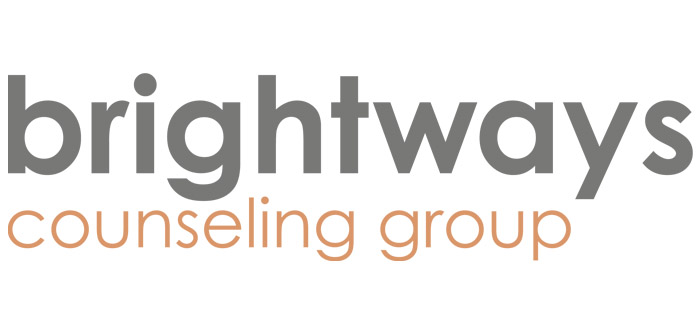The thrill one gets when they receive the official news that they got the job is that of excitement and joy, (usually). That excitement is coupled with fear, uncertainty, curiosity, confidence, and more.
While we all know that having a job is more than just working for a paycheck; there is something to be proud of when you get that paycheck and feel that your work contributions are part of something greater. As a leader, it would be ideal if this excitement and joy one has at the beginning of the job offer continues throughout the duration of employment. While there is no exact science to make this possible, there are things a leader can do to help.
According to a survey conducted in February 2023, by The Muse and reported on CBS News, the most common reason why people leave a job is due to unhealthy, and unsupportive work environments. There are many factors that can go into this feeling; but if you think about the excitement someone had prior to starting their new job and then getting to this point of wanting to leave that same job; one can assume there is certainly an opportunity to improve the new hire experience. That is to sustain that excitement in the second part of the new hire experience…on-boarding.
The onboarding experience of a new hire is crucial to ensure long-term success as an employee. A well-planned onboarding experience can ensure the new employee feels welcomed, informed, and confident in their role. A poorly planned onboarding experience can lead to a new hire feeling confused, overwhelmed, uncomfortable, and more. These feelings can quickly lead to a negative attitude, resentment, and burn-out. If the new hire feels supported from the beginning and given all the tools and insight necessary to do their job, they are likely to be more productive and engaged along their employment journey; start them off with the right habits from the beginning.
Once you hire someone, how quickly do you want them to be efficient at their job? How quickly do you want to see the ROI of that hire? Think about these questions when you are mapping out their on-boarding experience. If they get the right training up-front, they may be more likely to be productive sooner rather than being confused, creating an administrative training burden to others, and losing that excitement from the job offer sooner than necessary.
A few ideas to help any employee acclimate in their role as a new hire in most organizations are as follows:
Information — Create a welcome packet of sorts that includes all the new hire paperwork to be completed, benefits enrollment information, the basics of where to go, who to go to, etc. Think about the basics one needs to know such as when breaks are, where to store one’s belongings, where to park, what to wear, when they start and end their workday, when they receive their first paycheck, etc. All of this can be included in a new hire packet.
Tools and Technology — Ensure the new hire has the tools and technology needed to do their job. Provide training, resources, FAQs, and contacts for support. Allow for independent learning time of the tools and technology; but also try multiple ways of learning, including hands-on, observing, listening, and shadowing others.
Support — consider assigning an experienced employee to act as a mentor to the new hire, even if for the first day or first week of employment. This helps provide a realistic expectation of the job, a resource for the new hire if they need support, and an overall feeling of collaboration and teamwork.
Other things to consider when acclimating a new hire to the company is making sure they know where they work, what the company does, and how their job impacts the company’s success. It’s always a plus to share the company’s mission, vision, leadership team, contributions to the community, awards, and events. Get the new hire excited about where they work so they will want to really be an integral part of the company and its success.
Keep in mind that the first few days of employment is a lot for a new hire. There is an abundance of information, and this retainment will take time. I always recommend a wrap-up session or a check-in at the end of the first week to answer any questions the new hire has, ensure priorities and plans for the next week, and conclude the week with a reminder that the company is thrilled to have the new hire on-board.
Take time over the next few weeks to check-in with your new hires. This consistency and support in the beginning will resonate throughout their employment.
After on-boarding comes training. Ensure your training program provides variety to the learning experience. Job training should be comprehensive and include resources for job reference. Make sure your new hire has what they need to do their job, and also knows where to go and who to ask if they ever need additional support. Think about cross-department training. These are ways to enhance their skills through additional training and coursework that focus on the positive tasks accomplished and plan for the areas in need of improvement so there is transparency and documentation.
The overall experience of a new hire can be successful with very little effort. It requires planning and patience. If you provide what’s needed from the beginning to a new hire in a well-supported environment, the likelihood for success through the duration of their employment is great. Don’t rush through the new hire experience. Set clear goals and expectations of the job, provide timelines and deadlines, ensure support is available, provide resources to instill independence. Most of all, continue the initial feeling of excitement by providing a warm-welcome to your new hires as they enter your organization and beat those odds of turnover and poor performance.





